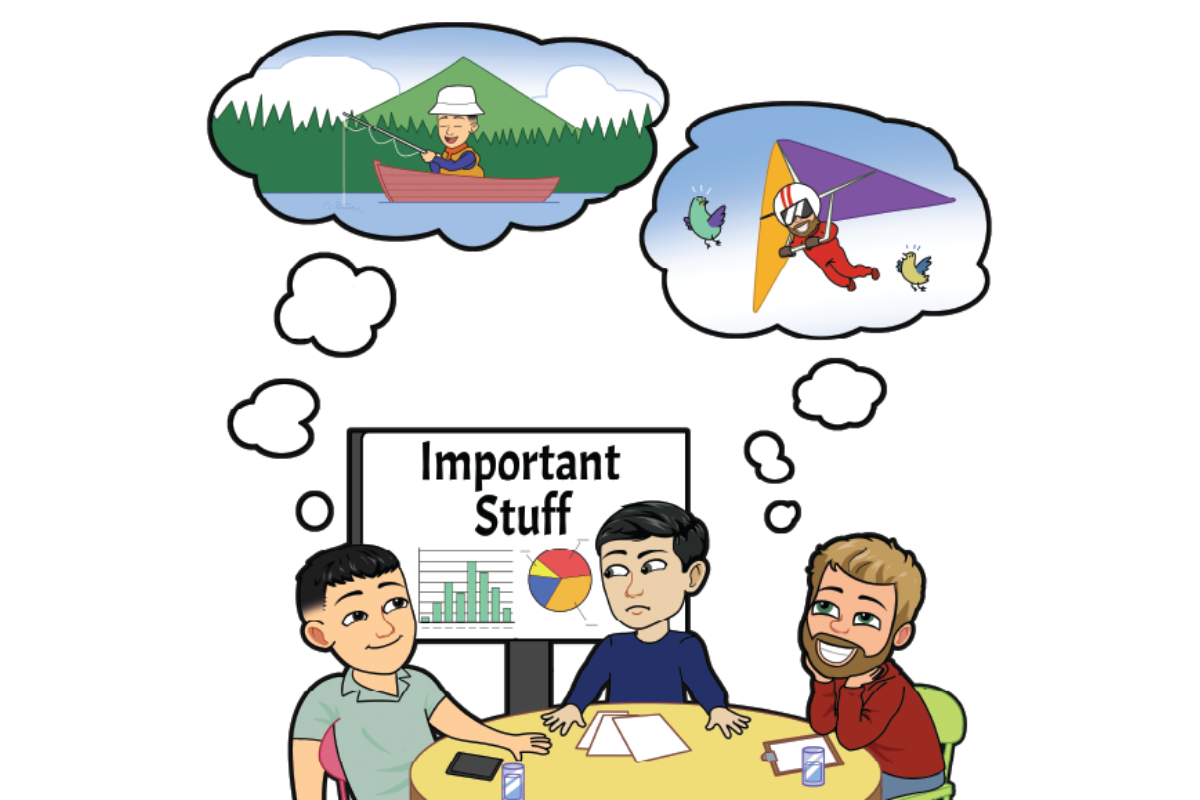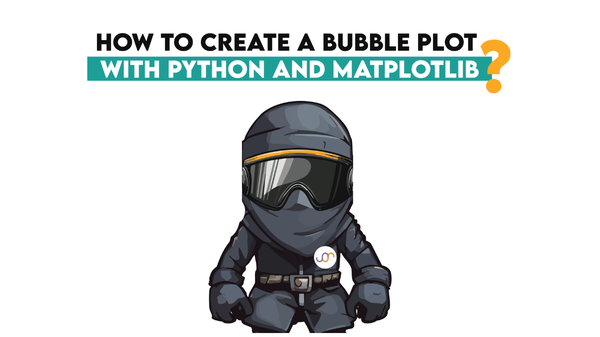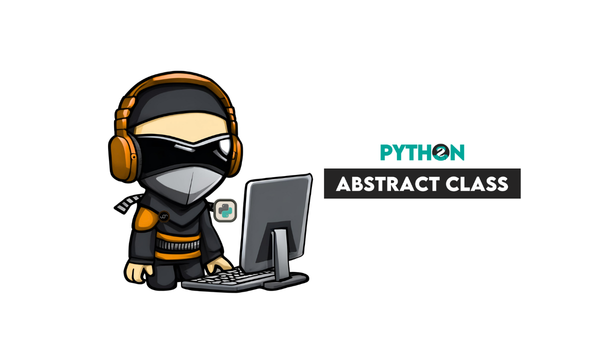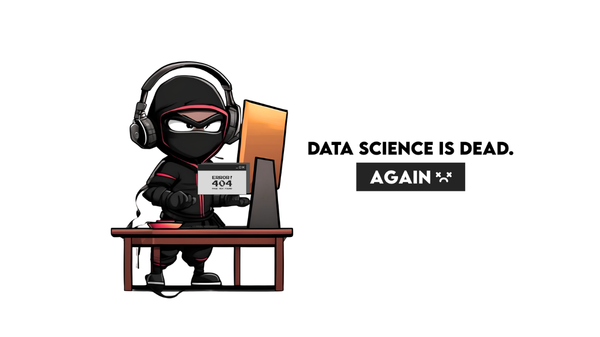The Subtle Art of Communicating with Stakeholders

 Written by:
Written by:Nathan Rosidi
Good communication with stakeholders is a skill that can help you survive in the company. Learn how you can master this skill.
Getting people to understand your data insights and getting them on board is a skill on its own.
You probably hear the word stakeholder quite often. Who are the stakeholders? If you work with data your main skill is simply being good with it. But surviving in the companies takes some other skills too. Getting people to understand your data insights and getting them on board is a skill on its own.
But how do you master that skill?
Who are you and who is a stakeholder?
You’re a technical person at your job, probably someone that gets excited by data and tables. Nothing wrong with that; you got the job because of that in the first place. You might be a data scientist, data analyst, reporting specialist, or forecaster of some sort. Your job title doesn’t really matter; the point is you’re working with numbers. Besides working with numbers, you’re also (unfortunately) working with people.
You’ll interact with some of them, trying to convince them your numbers, tables, and insights are true. You hope they’ll be making the decisions based on your data. And by making decisions they’re potentially putting their career on the line. Or at least a small part of it.
That is a stakeholder. Someone you want to rely on your insights and to realize the data matters.
Why is it so hard to communicate with stakeholders?
Because it’s hard to communicate with people in general. And communication with stakeholders? Well, they’re usually not as technical as you. The higher up the company hierarchy the more stakeholders are usually less and less technical. This means the communication for you becomes more difficult the higher ranked the stakeholder is.
Due to their position, they have more context than you. Along with that, like all people, they have their own accountabilities and goals. They have biases. The only difference is some biases are backed up by data, some are not. What happens is the only reason they need data is to confirm what they have already decided. They seek validation.
They’re just trying to do the right thing. And doing the right thing means, they hope, they’ll get ahead and achieve success. Often without your data or in the completely opposite direction your data points to.
That’s frustrating. It shows your job is not that important. It shows that you are not important.

What can you do?
Realize that there's not much you can do. Ask yourself, what can you do to make yourself and your data important? Probably not much.
Why? Very simple. That’s not your job. And you’re for sure not paid enough to do your job and somebody else’s at the same time. Realizing you matter, but not that much, can be very freeing. It takes off the burden of personal responsibility. You’re not single-handedly responsible to make decisions that will change the trajectory of the company. You don’t have much leverage as an individual, and nobody should have. Any major decision always takes consensus from a team.
So what does that mean to you and your work, knowing that stakeholders aren’t really in it to listen wholeheartedly to what you’re recommending? How should you approach the stakeholders from this position?
Be flexible
When communicating with stakeholders, be flexible. Don’t drown them in data. Instead, create a recommendation that you both agree with given the data, insights, and context that you both have. Make them feel good. Cast the news in a way that works out for them or helps them out of a situation. Maybe help them explain themselves, put the blame on someone else, or simply realize the situation is out of their control.
Bring them along for the ride and share the blame
Show them what you’re thinking and how you’re thinking. Show them your assumptions, and your approach. You’ll be surprised how different you think compared to them. They have so much more context than you and they are usually thinking about the problem in a different way. Sometimes it’s worth listening to a different way of thinking. Especially when you’re trying to make them listen to your way of thinking. Obviously getting on the same page before even writing code or running through your analysis is great.
But the biggest reason why you should bring them along for the ride is that you can share the blame together. There’s a non-zero chance that whatever model you build, whatever prediction you make, and whatever recommendation you make, you’ll probably be wrong. Why not be wrong together and share the blame? You and your stakeholders will survive being wrong. But they won’t use you as a scapegoat because you all agreed on the approach and solution. Never underestimate the survival instinct that triggers people to blame everybody but themselves when shit hits the fan. It’s not popular to say it out loud in companies. They always like to see themselves as being able to rise above some basic human emotions and instincts. But you know that’s a lie. Even in the biggest and most perfect data science companies, people are gossiping and blaming each other for the failure. People are optimizing for their own success and career ambitions. It’s normal human behavior. Not that it should be like this, but it is.
So work together and bring them along for the ride so that your stakeholders will think of the experience as positive and learn more about you. And you’ll develop a working relationship with them. You both win.
Don’t accommodate them
At least, don’t accommodate all their requests. Sometimes you’ll have to push back and sometimes you’ll need to accommodate. Try to strike the right balance. It all becomes easier when you’re working with your stakeholders from the very beginning of the project.
This tip has one more benefit. You might be left with some free time from not bending over backwards to accommodate their ever needs. And you can use that free time to focus on learning some new technical skill or any analysis you are dying to do. This is a chance for you to also improve and to get something out of it. In the end, who really cares about your wins against them? Use the project to improve your own technical skills.
Conclusion
In the end, you’re getting paid no matter the outcome of the project. Remember, try to do your job better, not other peoples’. Make your stakeholder happy, even if it’s not a recommendation you 100% agree with. Just make sure they’re 100% on-board and happy with it. At the same time, make sure you improve at the end of the project, whether it’s a new tech or analysis you were able to learn. This is what you should really care about.
Share


